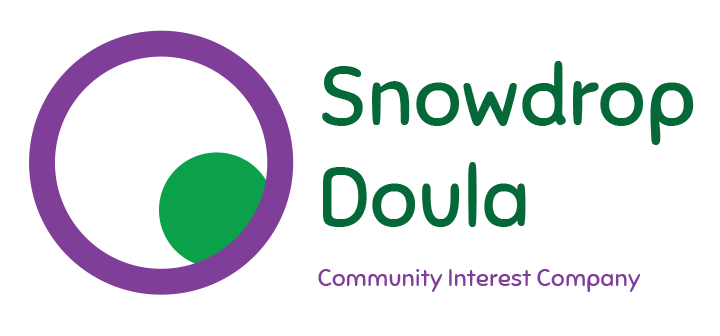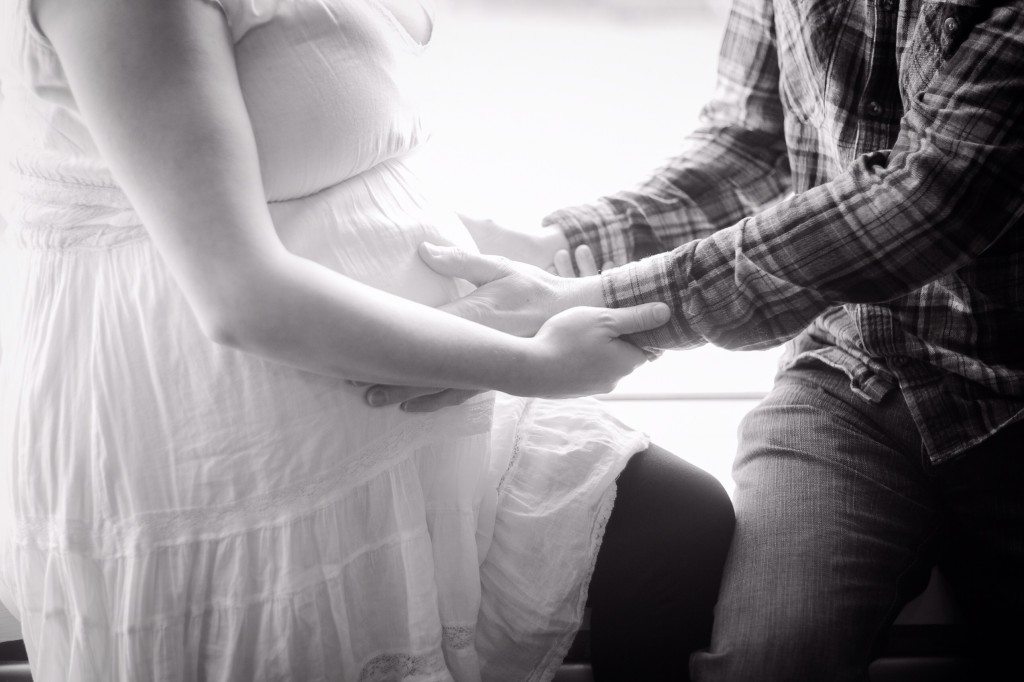So many times, I am hearing and witnessing new parents being grateful to the “professionals” for saving them and their baby. Where this is true, the healthcare staff do save lives. What appears to be worrying trend to thank the interventions that may not have actually been necessary and actually caused the need to be “saved” in the first place.
Statistics show that on average in the UK 70% of births have some form of intervention happen. Do we really think that we have evolved so only 30% of humans can birth the next generation without help? Yes, epigenetics may be having an effect on this (watch for new blog post) but to such an extent? I’m really not convinced this should be so low.
Therefore, these interventions will, mostly, be unnecessary.
In practice as a Doula and trainee Counsellor working in this area, I am seeing that when women realise that what happened to them may not have needed to happen, they have a whole range of emotion. Anger, distress, sadness, anxiety, distrust, the list goes on. I also see women coming and saying, “They saved mine and my babies life, so why do I feel this way.” “It was done to me, not with me” Then they do not wish to approach what happened in any detail and piece things together. Mothers, and fathers seem to enter a dissociated state, a trauma state.
Acknowledging that those who “saved” a mother and baby may actually be the one who caused the need to be saved is a really difficult journey and should not be ignored. Many parents come to us quite angry at what happened. “It was done to me. I didn’t know I could say no, I trusted them.”. This is NOT consent.
Gaslighting is a term used to describe what abusers do to their victims in order to manipulate them to be grateful to the abuser. Even manipulating the victims version of really that they doubt their reality. It appears this may be happening on a societal level.
All this is not saying that maternity professionals are deliberately causing harm to then save women and babies. This appears to be more a societal/ cultural issue. “Well at least you have a live baby”. “At least we have a free health service” “they do what they can with limited funding”. Should we be grateful for limited care? The worry within the medical professionals to act before a major incident could be contributing. The worry of litigation. The lack of education around birth expectations. The overworking of staff. The lack of funding within the health care system. Many factors can be contributing to this.
So, what can birth workers do? Listen, even if a mother comes to us reporting these things, listen. Do not dismiss.
What can we do to prevent this? This can be a difficult balance. Sometimes intervention needs to happen to save lives. Consider if the intervention is too soon and a bit panicky. For example, is this induction truly clinically indicated if she is 40+10? Does the mother and father have the full range of information to make the decision? Time can be limited to do this, I know. So, let’s think how this can be done. The lack of funding in the NHS is a real problem. Staff and the public all feel it. I’m not sure how that can change anytime soon without a real shake up of government policy. (a whole other blog/debate) I do believe that we can all ease the burden of this with compassion and acknowledging where we may get it wrong.
Antenatal education is important! Find an antenatal class or Doula who can give all the information for all eventualities so you, as parents, can have all the information available before you could be in the moment needing to make a quick decision. In our classes we talk about the BRAIN.
Benefits – what are the benefits of doing or not doing this?
Risks – What are the risks associated?
Alternatives – What alternatives are they? True alternatives. Not just carefully selected alternatives to coerce into something.
Instinct – what is your instinct saying? Listen to it, it is important.
Nothing – what happens if you do nothing? Can you just wait? With any decision there is always the option of doing nothing.
Second opinion or Smile – Can you have a second opinion? Or just smile and ask for some time to think. Even if 1 minute.
Everything pregnancy and birth related is the choice of the parents. More than that it is the choice of the mother.
If you are afraid to say no, then it is not informed consent.
If you are reading this and are feeling some distress or that something like this has happened to you then please call us, we have trained staff to talk to. Or contact your local mental health team, Birth Trauma Association, Samaritans.
You can also feedback to your local maternity and health service as they do want to learn how to make care better.
Join our discussions on Facebook



